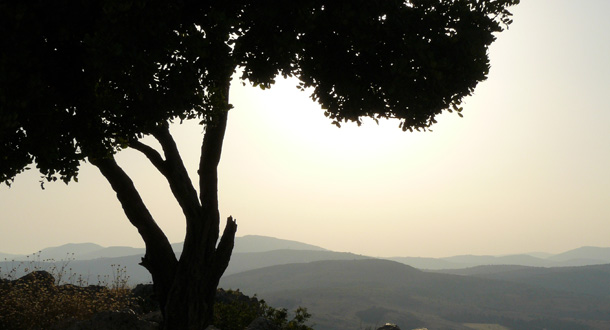
Scripture:
Reflection:
I wonder how presiders and preachers will handle today’s readings. This is complicated. Masters. Slaves. Who is in? Who is out? First. The Last. Maybe they’ll pass and invite their congregation to enjoy a moment of personal prayer.
Biblical interpretation is tricky. Literalists might argue that St. Paul’s reference to slavery in today’s first reading from Ephesians would suggest “The Bible says slavery is permissible.” We know that not to be true. This selection from Ephesians is more about how we are to treat one another, and, maybe in our contemporary context, how employers and employees might honor and respect one another.
Then what are we to make of the Master in the Gospel story who locks everyone out. Maybe this story complements the first reading, calling us to recognize and respect others, even if they are not “from the south” or “look like us.” Those who would have thought they have an easy entry into the Kingdom of God are shocked that they are locked out. So, who’s in? Well, as Luke tells is, “People will come from the east and the west and from the north and the south and will recline at table in the Kingdom of God.” What?! Those outsiders? They don’t look like us. They don’t speak the same language as we do. They do not profess the same faith as we do. Yet, there they are, at the table of the Kingdom of God.
What most inspires me is that I believe Jesus, the Lord of Life and Son of God, is generous. No insider-outsider, master-slave, or us-them. And the basic gesture of generosity is to include, not exclude. In a cultural/political world of us-them, we should exercise our faith by gestures of welcome and inclusion, even if we don’t always agree. We can still be friends in the Lord.
Robert Hotz is a consultant with American City Bureau, Inc. and was the Director of The Passion of Christ: The Love That Compels Campaign for Holy Cross Province.
